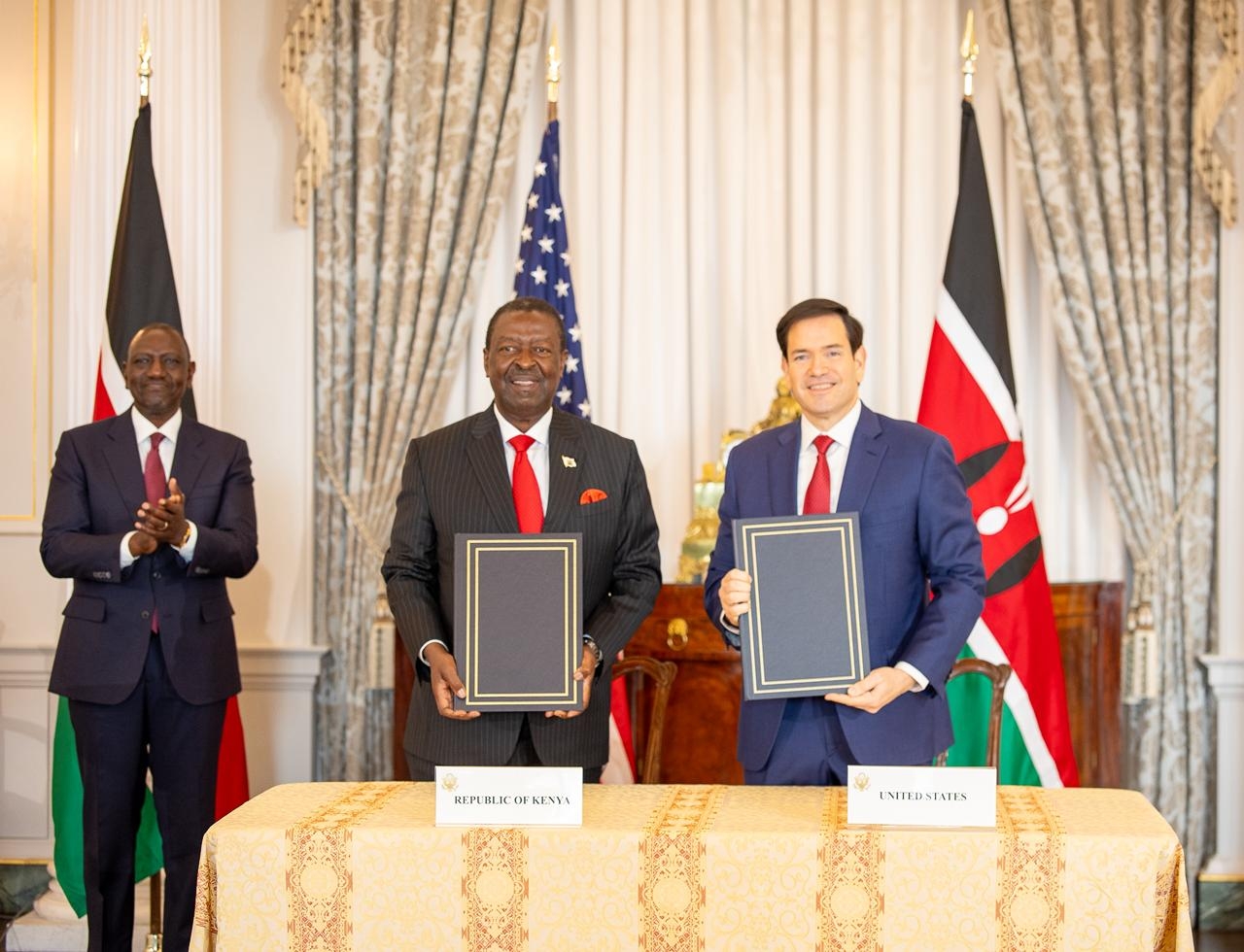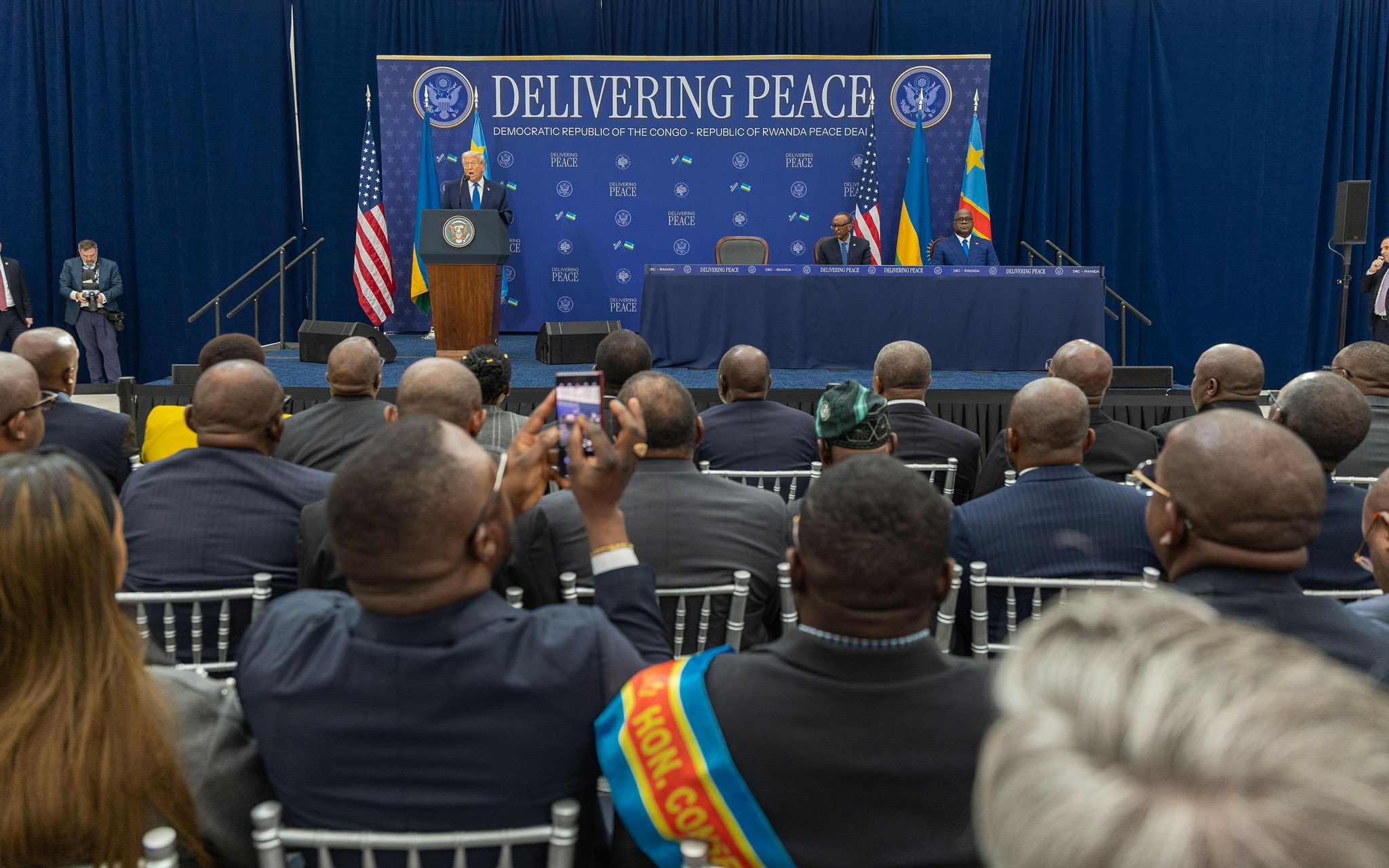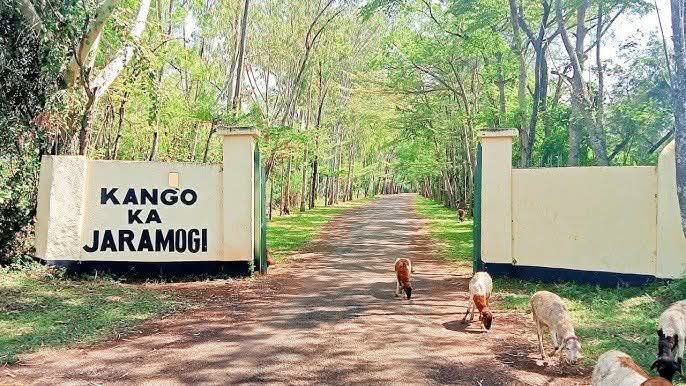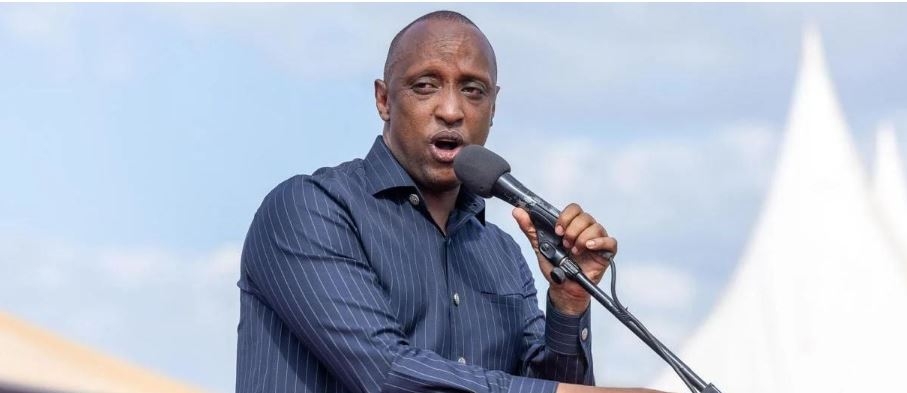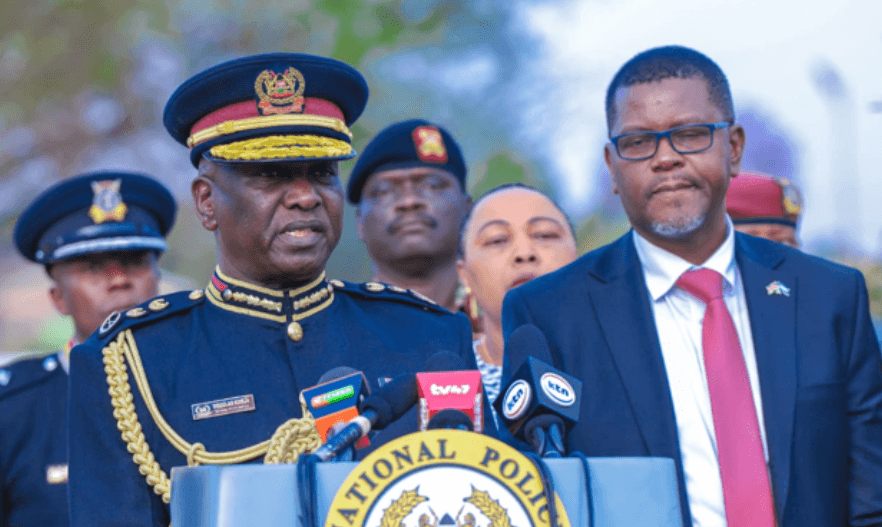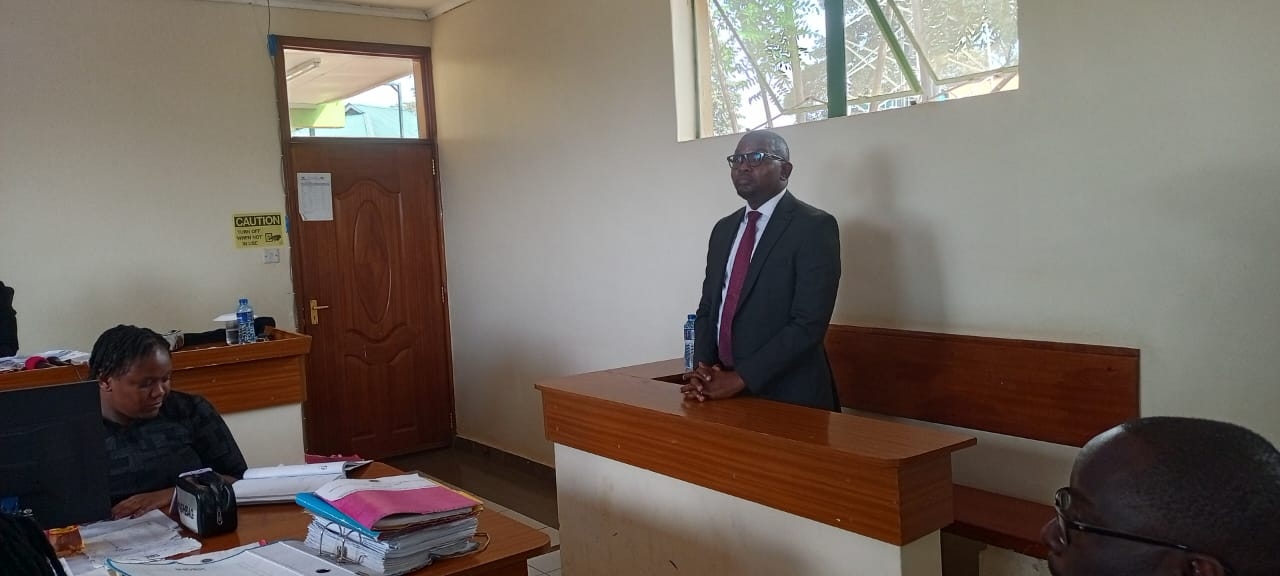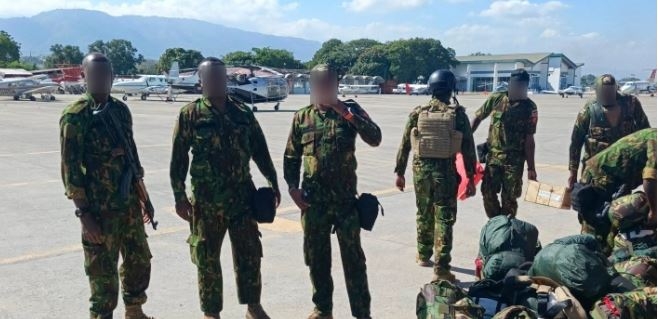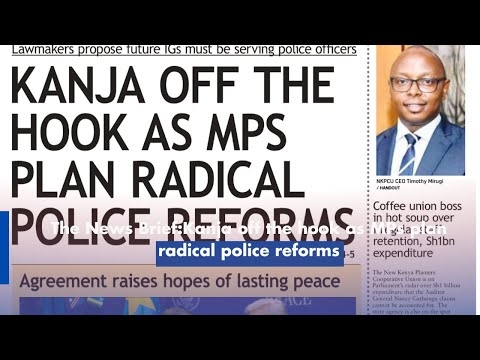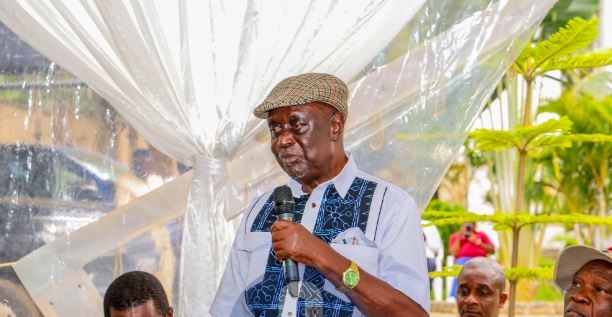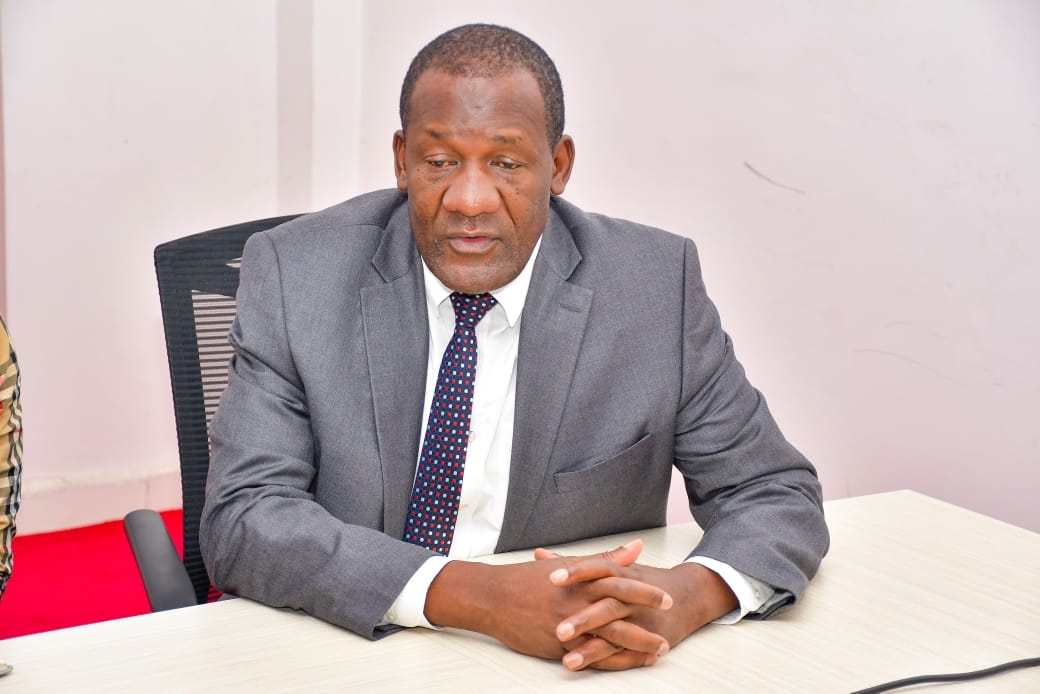Amnesty International and Human Rights Watch want the police to be held accountable for abuse during protests.
The lobbyists have called for urgent fundamental reforms to end abuse by the police on Kenyans.
On Wednesday, Human Rights Watch Africa Director Mausi Segun said since the nationwide protests began, Kenyan authorities have failed to take sufficient action to hold police officers and commanders accountable for killings and attacks on protesters.
Segun said the Independent Policing Oversight Authority (Ipoa) should urgently conclude its investigations into all deaths and the apparent unjustified use of force by the police.
“Kenyan authorities should stop glossing over the abuse of protesters by the police and other acts of violence,” Segun said.
She said Kenyan authorities should urgently and thoroughly investigate police abuse during recent protests, including the failure to protect demonstrators from attacks by others.
Segun said between April 7 and 17, the two lobbyists interviewed 115 witnesses and victims of police violence during protests in Nairobi, Kisumu, Migori, and Homa Bay.
The organisations found that the authorities deployed riot police who repeatedly attacked people or used excessive and lethal force to suppress the protests.
The lobbyists documented killings, illegal arrests, beatings, destruction of civilian property, indiscriminate and disproportionate use of tear gas and water cannons, and other serious rights violations.
They also condemned the declaration by President William Ruto and police officials that the protests were illegal.
Human Rights Watch and Amnesty International Kenya corroborated 12 killings in interviews with family members and witnesses.
While some of the victims were involved in the protest, most of the 12, according to the witnesses interviewed, were bystanders, passersby, or people in their homes and business premises.
"In a few instances in Kisumu and Nairobi, multiple sources said that police fired live bullets in residential areas and inside classrooms in schools and colleges," Segun said.
The lobbyists also documented about 30 cases of gunshot injuries in Kisumu and Nairobi.
Researchers also documented a brutal police crackdown on journalists from various media outlets who were covering the March 30, protests on Outering Road near the Pipeline estate in Nairobi.
The journalists said the police tried to prevent them from live streaming the protest and used water cannons to destroy cameras, harassed some and forced others to delete footage.
The journalists said they felt targeted, frightened, and unable to help people who were injured.
The lobbyists also noted that some people committed grave acts of violence during the protests, including theft, looting, and attempted rapes.
They said police failed to stop the violence or to investigate in some cases.
Amnesty International Kenya Executive Director Irungu Houghton, said the right to life, peaceful assembly, association, and freedom of expression are fundamental human rights guaranteed under Kenya’s Constitution as well as international human rights treaties to which Kenya is bound.
"The UN Principles on the Use of Force and Firearms allow the police to use force only when strictly necessary and to the extent required to achieve a legitimate objective," Houghton said.
He said during violent protests, the use of tear gas must be proportional to the seriousness of the offense, must meet a legitimate law enforcement objective, and should be used in a way that minimises the risk of harm.
Houghton said guaranteeing budgetary independence of the police service and Ipoa are key to ensuring the independence of the two institutions and will go a long way toward achieving police reforms including accountability for abuse.


